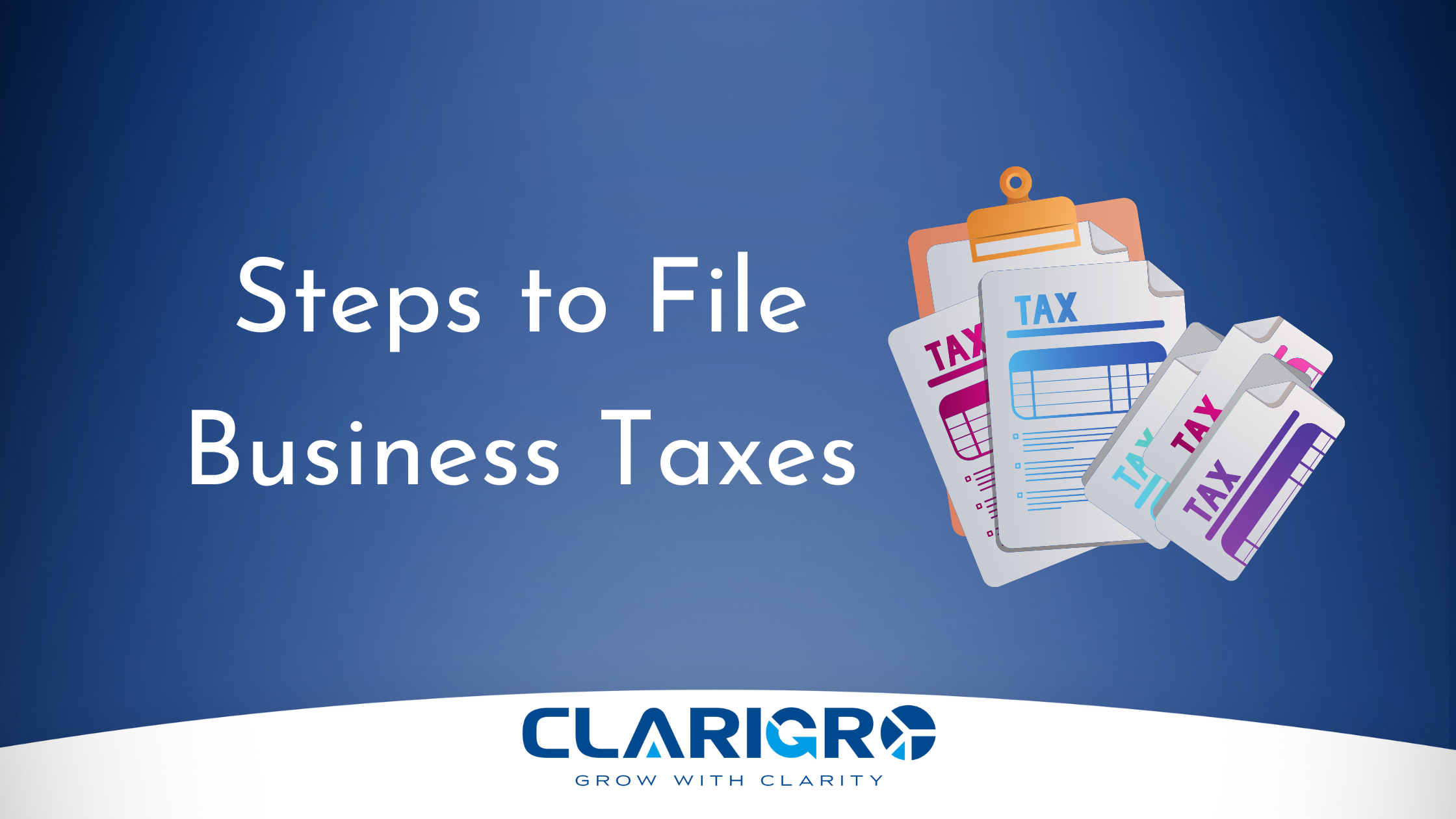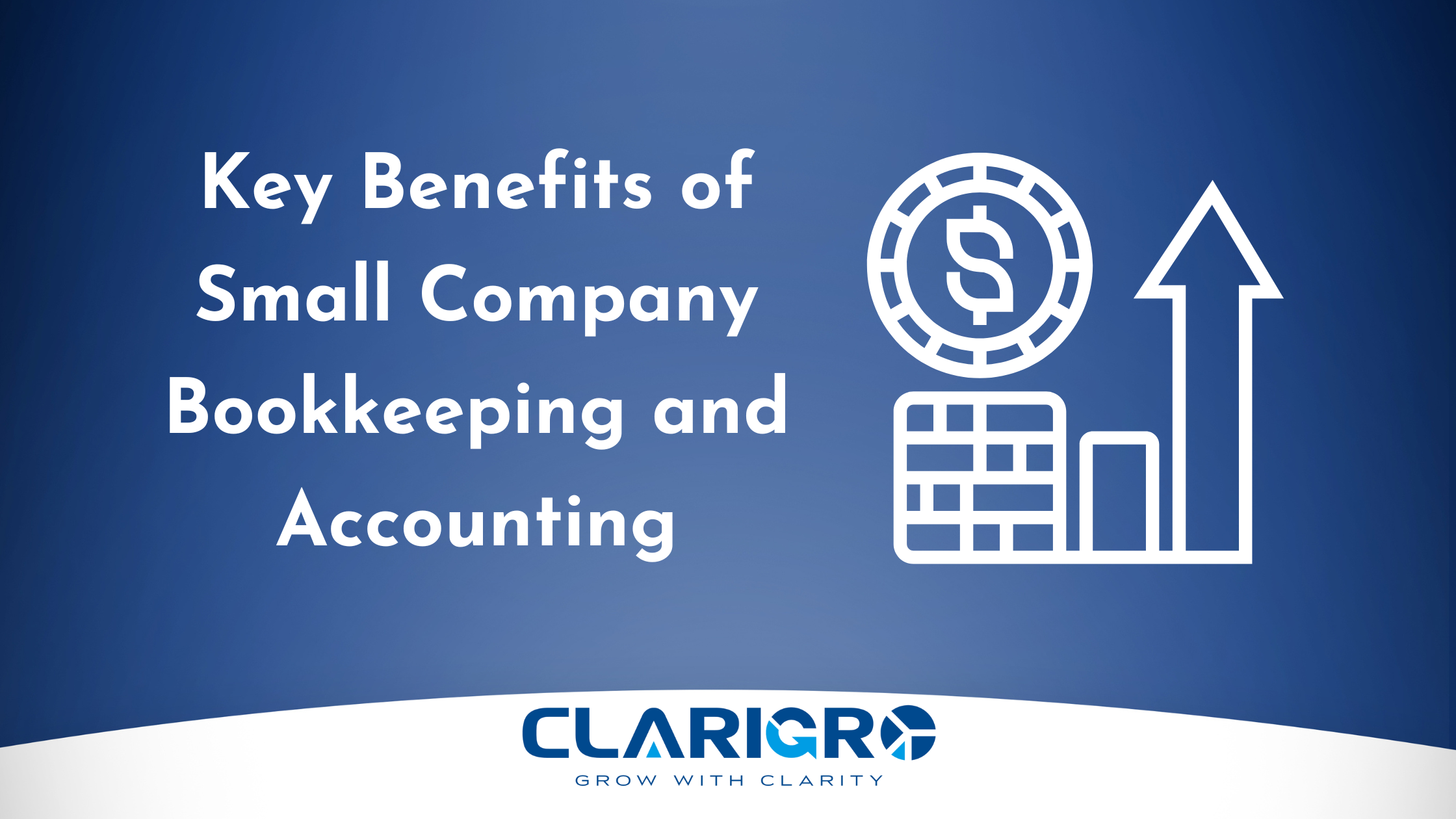Contents
Texas’ tax system can be intricate, posing challenges for small business owners. Businesses must comply with various taxes, including sales tax, franchise tax, employment taxes, property tax, and income tax. To avoid penalties, it’s essential to understand the specific tax rates, filing deadlines, and compliance requirements for each type.
This blog provides a comprehensive guide to tax return filing for Texas-based small businesses, along with the role of tax preparation services in Texas to simplify the process.
Small businesses must file federal and state taxes accurately to avoid penalties. While Texas does not have a state income tax, businesses are still required to submit a tax return filing for federal obligations and comply with franchise tax laws. Over 99% of Texas employers are small organizations. In Texas, 78% of small agencies are non-corporate businesses without paid employees.
What Taxes Do Small Businesses Need to File?
Understanding your tax obligations ensures compliance and prevents unnecessary penalties. Working with professional accounting services Texas can help you organize your taxes efficiently.
The last day to file taxes in Texas depends on federal deadlines and state franchise tax requirements:
Missing these deadlines can result in interest and fines, which can impact your business operations.
Efficient filing business taxes in Texas involves a structured approach to ensure accuracy and compliance.

Here is a step-by-step guide:
Step 1: Gather Financial Records
Accurate record-keeping is essential for tax filing. Up-to-date income statements, receipts, and expense reports are key components. Partnering with bookkeeping services in Texas ensures your records are well-maintained.
Step 2: Understand Your Tax Return Filing Method
Step 3: Calculate Your Tax Liability
Work with a certified tax preparer in Texas to determine your tax liability and apply eligible deductions. Small businesses may benefit from deductions such as:
Step 4: Submit Your Tax Return
Once calculations are complete, submit your return before the deadline. Partnering with experts for small business accounting and tax services simplifies this process, ensuring compliance.
Outsourcing your tax return filing to professionals has numerous advantages. Small businesses often lack the time and expertise to handle complex tax requirements. Reliable tax preparation services can:
By working with professional tax preparers, small businesses can streamline the filing process and avoid costly mistakes.
Effective small business tax accounting plays a crucial role in meeting tax deadlines and maintaining financial health. Partnering with experts ensures your financial data is organized and up-to-date, which simplifies tax return filing preparation.
Key Benefits of Small Company Bookkeeping and Accounting:

If you need expert support for bookkeeping and accounting, check out our Accounting Services to streamline your operations.
Modern tools and platforms make it easier for businesses to file business taxes online Texas. Online systems, such as the IRS e-file portal and the Texas Comptroller’s website, allow secure submissions with quicker processing times.
Benefits of Filing Online:
Small businesses can also use advanced accounting software to integrate tax preparation seamlessly. For comprehensive support, professional tax preparation services in Texas handle everything from software integration to final submissions.
For small businesses, juggling daily operations while managing tax obligations can be overwhelming. Partnering with experts who specialize in small business accounting and tax services ensures peace of mind.
Services Include:
Explore our Tax Return Services to simplify your tax filing process.
Filing taxes doesn’t have to be stressful for small businesses in Texas. By leveraging professional tax preparation services in Texas, businesses can ensure accuracy, maximize deductions, and meet all filing deadlines. Whether you need help with federal tax returns, franchise tax filings, or Texas annual report filing, expert support makes all the difference.
Simplify your tax return filing with reliable small business tax accounting services. Stay compliant, organized, and focused on growing your business.

Ready to file your business taxes accurately and on time?
Explore our Tax Return Services and Accounting Solutions for small businesses today!
Do you have any queries? Feel free to get in touch with our Expert today.
Start your journey with us